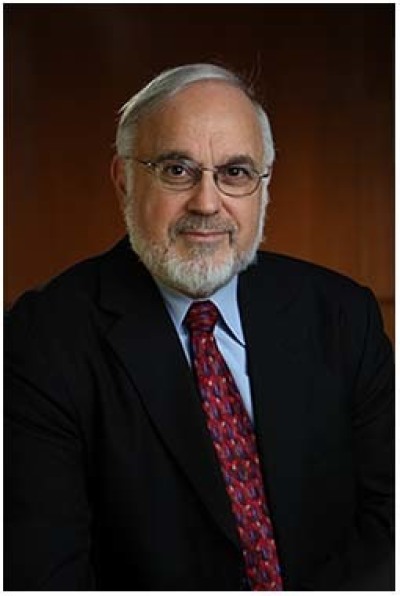Congress: Do the right thing and boost US aid to battle Covid

As Congress negotiates the terms of another Covid-19 stimulus package, it is critically important that Democrats and Republicans do not neglect to generously fund U.S. efforts to help those in need around the world.
To begin with, 70% of countries across the world are ill-equipped to deal with a public health threat like Covid-19. There are also dozens of conflict-affected countries where further destabilization could have catastrophic and rolling consequences across whole swaths of our world.
Take Nigeria and Lebanon as examples.
Maj. Gen. Dagvin Anderson, who heads the U.S. Special Operations Command in Africa issued a sober warning this week, “extremists will look to exploit any opportunity they get, and COVID presents those opportunities.”
What could happen if an already weakened Nigeria, ridden with sectarian and religious conflict, were to suddenly lose control of a growing pandemic? Could we see whole regions of Africa’s largest country devolve into failed-states-within-a-State?

Lebanon, another state already weakened by political corruption and Iranian interventionism, is in a similar position. Could the country withstand a humanitarian crisis such as Covid-19 on top of the near nuclear explosion that decimated Beirut this week?
A health crisis, unaddressed, is an inevitable accelerant to humanitarian, political and security crises.
Former South Carolina Governor David Beasley — now chief of the World Food Program — fears that another “300,000 people could starve to death around the world every day for the next three months” as a second-order effect of the pandemic.
As an advocate for human rights, and particularly for religious freedom, we have watched for months as the pandemic has created an even tougher situation for religious minorities.
Anti-Semitism is on the rise in Iran and Turkey. In Cuba, human rights violations are on the rise with the government especially targeting Evangelical Christians. In many nations, religious minorities have been denied healthcare by governments who are favoring their majority populations. Religious prisoners of conscience have been refused humanitarian release by countries who view the pandemic as a convenient opportunity to rid themselves of opposition, and — worst of all — an increasingly aggressive China has accelerated its vile efforts against Muslim Uyghurs, Christian pastors and a once-free Hong Kong.
An insurgent China is also another reason why members of Congress ought to generously boost U.S. foreign assistance. The People’s Republic of China is undeniably exploiting this crisis, for which it bears much responsibility, in order to advance its international ambitions.
It is in the critical, national security interests of the United States to ensure that China isn’t allowed to use humanitarian assistance to force its Communist ambitions upon fragile countries during their vulnerable moment. We simply can’t cede an ounce of influence to China’s disingenuous efforts at “mask diplomacy.”
Add to it all, by the way, sudden and deadly floods in East Africa and the worst locust infestation in decades ravaging the Horn of Africa and the Middle East with vast swarms that move up to 100 miles a day and eat their equivalent in weight daily. It’s as if the world is witnessing plagues of biblical proportions!
Yes, this is a once-in-a-century crisis that calls for a historic response.
Thankfully, the United States has done much already, providing at least 60% of the global response so far but, astonishingly, this simply isn’t enough.
Secretary of State Michael R. Pompeo put it clearly in May, “As we work together to defeat the coronavirus at home, the United States stands with our global partners in their time of need, as we always have. A healthier world means a healthier United States.”
For good, or for ill, COVID-19 has shown us how interdependent our world has become. Despite our own moment of scarcity, our interests and our ideals (which are worth comparing to China’s communist ideals) demand that we respond.
But, beyond geo-political considerations, Americans are a caring, generous people.
Our politicians can rest in the fact that four-in-five Americans agree that this should be a priority. Can we call a ceasefire on the broken fields of Congress and just do the right thing?
Rabbi Abraham Cooper is the associate dean and director of the Global Social Action Agenda at the Simon Wiesenthal Center. Rev. Johnnie Moore is the president of the Congress of Christian Leaders and a Commissioner on the U.S. Commission for International Religious Freedom. Their forthcoming book on Nigeria with Harper Collins is entitled "The Next Jihad."




























